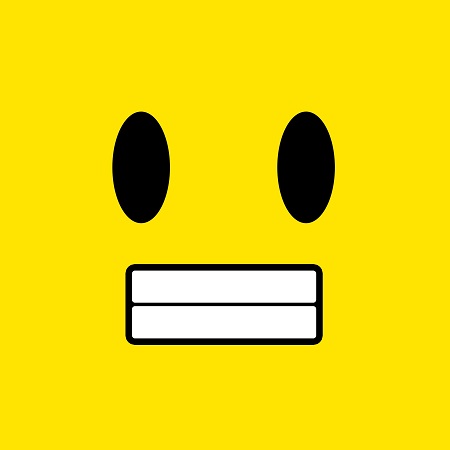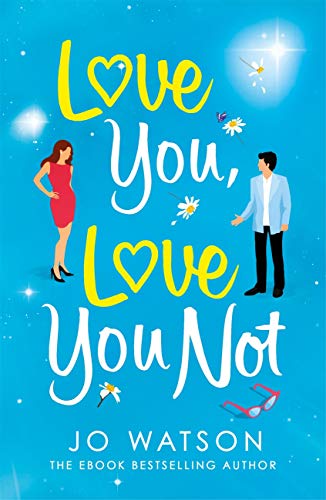As you'll remember, a friend challenged me
last week to read a chick-lit book. Which I did, but I already had some books lined up to read and I didn't want to set them aside. So I decided to further challenge myself to read my challenge book at the same time as the others.
This isn't something I normally do, but I know some people in the group I told you about who do it all the time, so I asked them for some advice. How do you do it? How do you keep track? How do you decide which book you will read at any point in time?
I got a few different answers:
Some people like to consume their books in different formats. They'll have one paper book, one ebook, and one audiobook on the go, and then it's just a question of which one they want to open at any point.
Or perhaps they won't take their paper book with them when they go out, so while waiting in a queue at the bank, the ebook's the way to go. Sitting in traffic, it'll be the audiobook. And when they're home, they'll read the paper one.
I understand the attraction to that, but it wouldn't work for me, for two reasons. First, on account of my eyesight, I seldom read paper books, so those are out. And I dislike audiobooks because I struggle to pay attention to something while I'm busy with something else.
My second problem with the above is I'm seldom anywhere but at home. I don't get out much, largely because of the aforementioned visual disability. And when I do, I'm always with other people and engaging with them, so there wouldn't be time to read.
Some people read different books depending on their activity. This is like the above, except it is irrelevant of format; they'll read one book while they're eating lunch, another while sitting on the toilet, another while waiting to pick their daughter up from netball practice, for example.
This also sounds reasonable, but I just don't get that many opportunities to read. This may be too much information, but I read on the toilet, and I read for a while after work, while waiting for my wife to get home. And that's mostly it.
I could read one book on one day, and another on the next, but I'm obsessed with updating my reading progress on Goodreads every day (although I don't always manage), and I think I'd feel bad if I updated my progress for only one book at a time.
What I ended up doing was reading my regular book on the toilet, and, because I wanted to get the challenge book out of the way as quickly as possible, reading that one in the afternoons. Still, every time I picked up one book, I felt guilty because I wasn't reading the other one.
I think reading speed also has a part to play. I read a mid-length novel (say 350-400 pages) in around a week. Which I used to think was fast, but I also know that some people on the group I mentioned read a lot faster than that. It's not out of the question for them to read a book of that length in a day! And that's not because their lives are less busy or they have more time to read; they just read
that fast.
I suppose if I was reading a 350-400 page novel every day, it'd be way less of an issue for me. As it stands, I found it difficult.
How about you? Do you read multiple books at the same time? Do you have any of the same hang-ups as me, and if so, how do you manage them?
Cover image:
Vintage photo created by freepik - www.freepik.com



